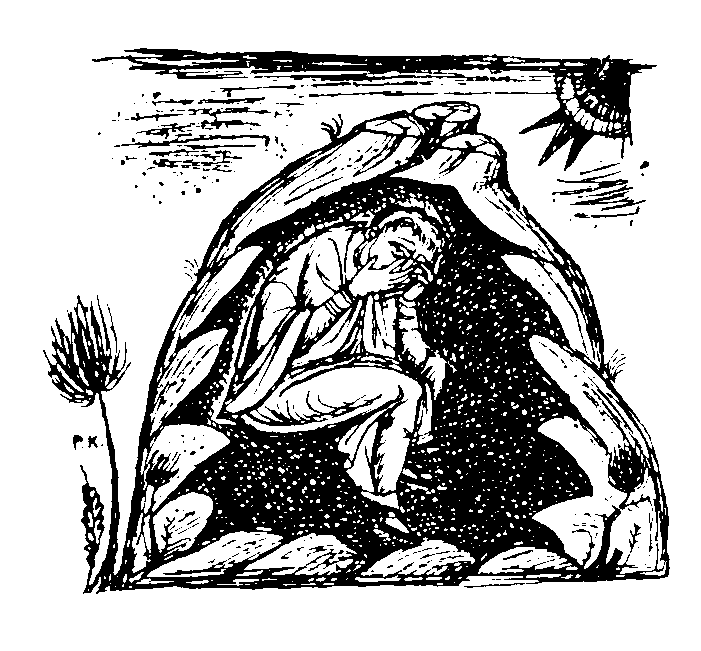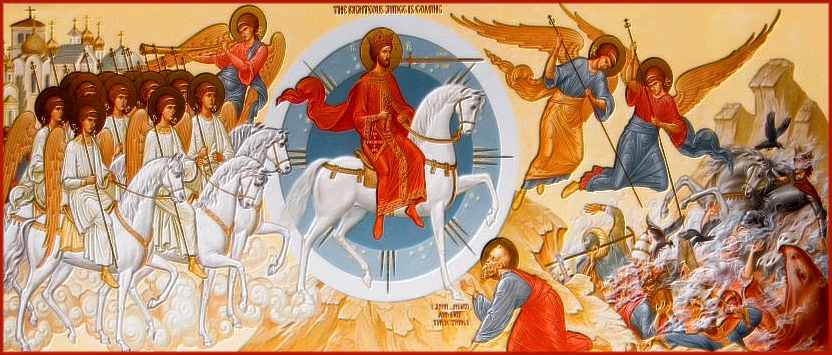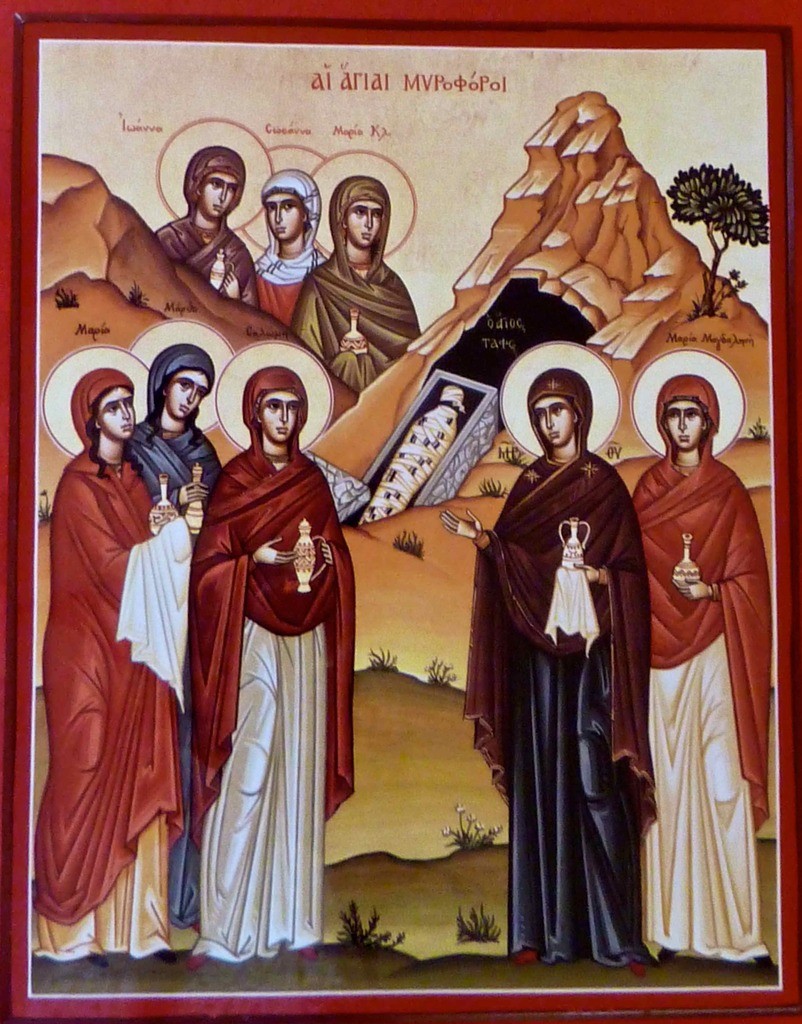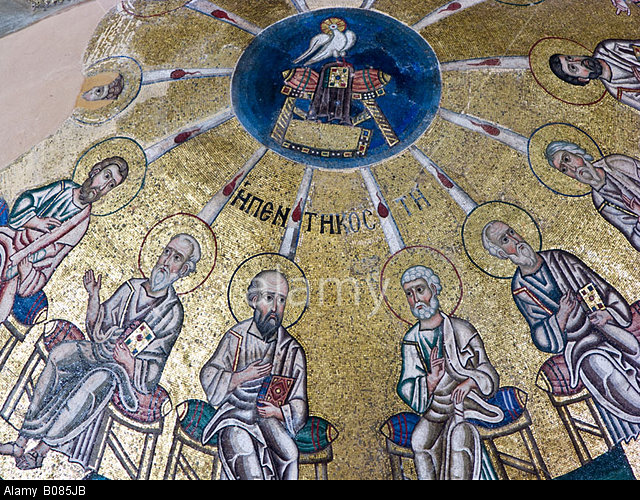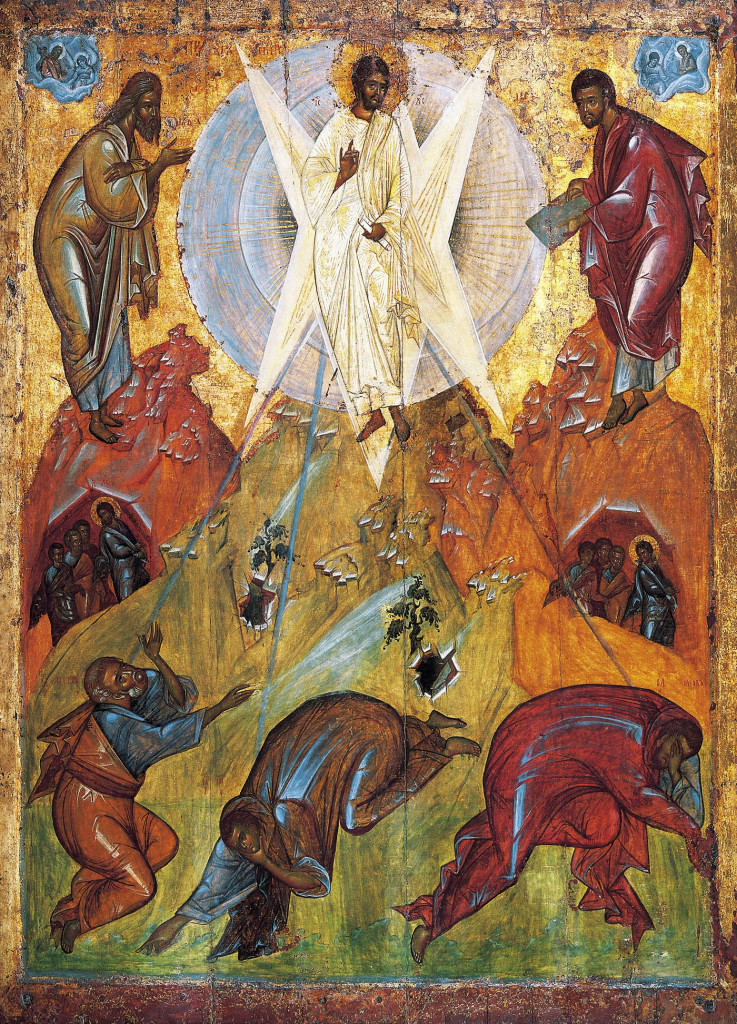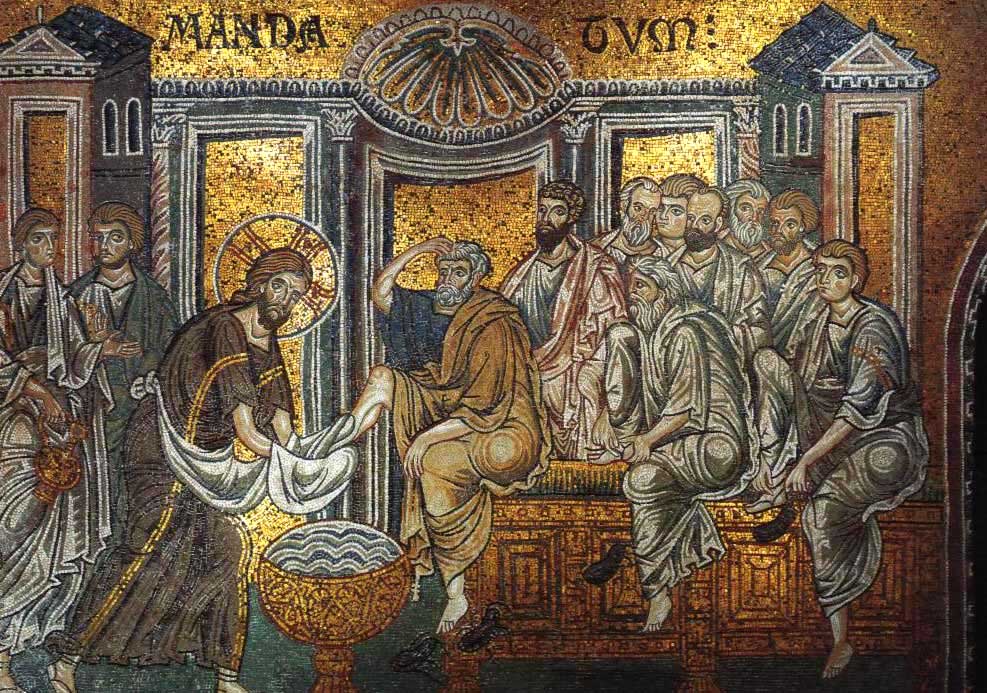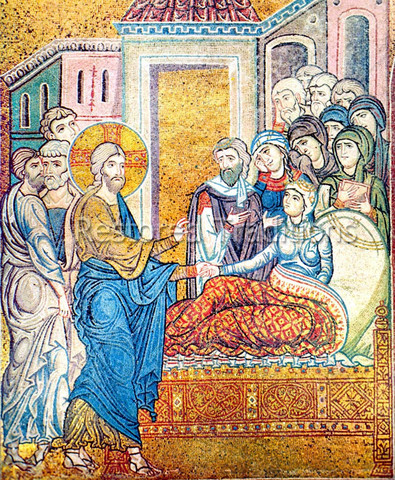Thursday of the 4th Week of St. Luke
You can listen to an audio podcast of this post at https://www.spreaker.com/user/youngfaithradio/lk4thurs_1
In today’s Gospel, Herod exhibits the vain curiosity of those who want to talk religion but do not want to live according to the demands of truth:
At that time: Herod the tetrarch heard of all that was done by him: and he was perplexed, because that it was said of some, that John was risen from the dead; And of some, that Elias had appeared; and of others, that one of the old prophets was risen again. And Herod said, John have I beheaded: but who is this, of whom I hear such things? And he desired to see him. And the apostles, when they were returned, told him all that they had done. And he took them, and went aside privately into a desert place belonging to the city called Bethsaida. And the people, when they knew it, followed him: and he received them, and spake unto them of the kingdom of God, and healed them that had need of healing. – Luke 9: 7-11
St. Theophan the Recluse comments on the mindset of Herod:
Hearing about the works of Christ the Savior, Herod said, “John have I beheaded; but Who is this?” And he desired to see Him. He desired to see Him and sought an opportunity for this, but was not made worthy, because he sought not unto faith and salvation, but out of empty curiosity. Inquisitiveness is the tickling of the mind. Truth is not dear to inquisitiveness, but news is, especially sensational news. That is why it is not satisfied with the truth itself, but seeks something extraordinary in it. When it has contrived something extraordinary, it stops there and attracts other people to it. – Thoughts for Each Day of the Year, p. 227
There is a great difference between the desire for truth and empty curiosity. The desire for truth is a profound longing planted in the soul by God, and it is inseparable from the longing for justice, for the good, for doing God’s will: I seek the truth because knowing truth is a moral imperative. I seek the truth because remaining ignorant of truth is a sin, is displeasing to God, is a socio-pathological state which hurts my neighbor, destroys my soul, and imperils my eternal destiny. Knowing truth is what God made my mind for: it is pleasing to Him and enables me to love Him and love my neighbor as well as to attain my earthly purpose and my eternal happiness.
Pilate’s retort to Truth Incarnate when He stood before him – “What is truth?” (i.e., one cannot know the truth, truth is relative) – excuses the speaker from the task of being human. Judas knew Who Christ was and betrayed Him. Pilate does not even get around to betraying Christ, because he does not even bother to find out Who He is. Judas goes out with a bang, Pilate with a whimper – the result is the same.
Today everyone excuses his own and everyone else’s ignorance: no one is going to hell because, well, “He does not know any better.” Everyone has forgotten that there is such a thing as culpable ignorance, the guilty ignorance chosen by the man who does not care to find the truth, or, having an inkling of the truth, does not want to follow it up. The same person may be like Herod in today’s reading – he may actually enjoy talking religion. This usually entails his pontificating about things he knows very little about, concluding that all truth claims have more or less the same value, and that he has the moral and intellectual high ground because he is a relativist. A sorry spectacle: A man who has made himself stupid on purpose in order to avoid the pain of intellectual, spiritual, and moral struggle. He prides himself on having a permanently open mind, but the problem with having an always-open mind is like that of having an always-open mouth: unless you close it on something, you will starve.
How can we flee the vain curiosity we see in Herod and attain the love of truth we see in the saints? Here are three steps we can take:
First: Pray earnestly for the love of the truth, for ourselves and for others. We should weep over the indifference to truth we see everywhere, for the vacuity and idiocy of 99% of contemporary thought, speech, and writing. We need to become interior martyrs for truth, with constant suffering over the darkness of men’s minds. We should hurt over it. We need to pray for this grace.
Second: Stop being information junkies. Remember: information is not truth; it’s just stuff. Today’s information technology has enabled an entire way of life based on distraction, which is fatal to coherent thought, much less accurate rational and intuitive philosophy and theology, and therefore our first step has to lie in radically disciplining our use of the Internet. Look at it this way: “Alright, my work may require x amount of time on the Internet. Beyond that, I will be on it x amount of time at y time of day. I will use it to find things I need or talk to people I need to talk to, but I will not live in it. The real world is the visible world around me and the invisible world of the soul. I will choose to spend my time in the real world as much as possible.” The Internet is not the real world; at best it simulates the real world, and the accuracy of the simulation is questionable. It is a tool we use, not an alternative universe to move into because we do not like the world we live in. It is understandable that Orthodox Christians who are isolated and spiritually lonely will use this powerful tool to communicate with the like-minded (and even to listen to talks like this one!), but it’s all too easy to leave a healthy and refreshing conversation or video and then, click, in less than a second you are looking at images or words that are poison for the soul. We must beware. Always make your Cross before you go on the Internet. Always have an icon nearby that you can look at periodically, to help you guard your mind.
Third: Spend time reading books. I know that this sounds radical, perhaps even subversive, but I highly recommend it. Pick one good book of Orthodox spiritual reading and another good book about something real – serious history or literature or science, etc. – and put in x hours (or minutes…just get started!) reading them.
At one point in their lives, both Herod and Pilate had Truth Incarnate standing before them, and they could not see, because they did not care. Let us care to the point where it hurts and cry out to the Lord to enlighten our darkness.
